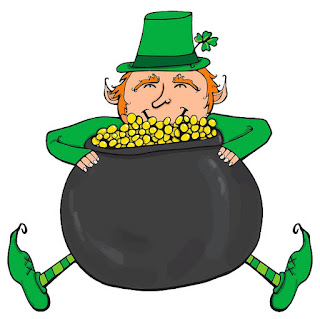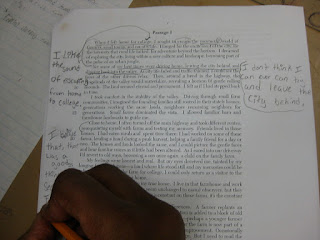Welcome
Welcome to SCC's Center for Teaching and Learning blog where the points don't matter...but the learning does. We're so glad you stopped by to check us out. Do you want to focus on the things that help students learn, and make your teaching efforts really count? If so, you're in the right place. This blog strives to present some different practices than the old standards. You may not embrace all of the ideas presented here, but we hope they make you think. Please comment on anything that interests you, and further the conversation for us all.






